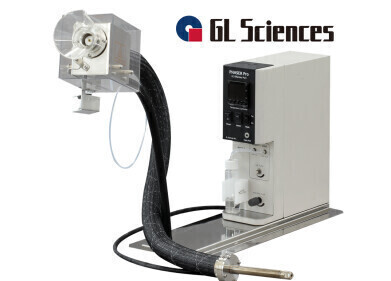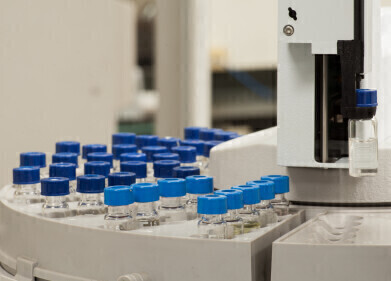-
 Scientists used GC-MS to determine CHC profiles of species.
Scientists used GC-MS to determine CHC profiles of species.
GC, MDGC
GC-MS used to investigate cuticular hydrocarbons
Jun 24 2011
In the research, which was published in the BMC Evolutionary Biology journal, the team aimed to characterise the variation and chemical composition of epicuticular hydrocarbons (CHCs) in the seven species of the Drosophila buzzatii cluster by using GC-MS.
The motivation behind the study was that, despite the crucial role of CHCs in major communication, including courtship, mating and aggression, little is known about how CHC profiles evolve.
Using quantitative analysis of the results, the scientists determined that while CHC were similar in a species, most CHC profiles were species-, population- and gender-specific.
By mapping CHC profiles onto an independently derived phylogeny, the scientists revealed that a significant portion of CHC variation was explained by species' regular affinities demonstrating phylogenetic conservatism in the evolution of these hydrocarbon arrays.
Digital Edition
Chromatography Today - Buyers' Guide 2022
October 2023
In This Edition Modern & Practical Applications - Accelerating ADC Development with Mass Spectrometry - Implementing High-Resolution Ion Mobility into Peptide Mapping Workflows Chromatogr...
View all digital editions
Events
Jan 20 2025 Amsterdam, Netherlands
Feb 03 2025 Dubai, UAE
Feb 05 2025 Guangzhou, China
Mar 01 2025 Boston, MA, USA
Mar 04 2025 Berlin, Germany













